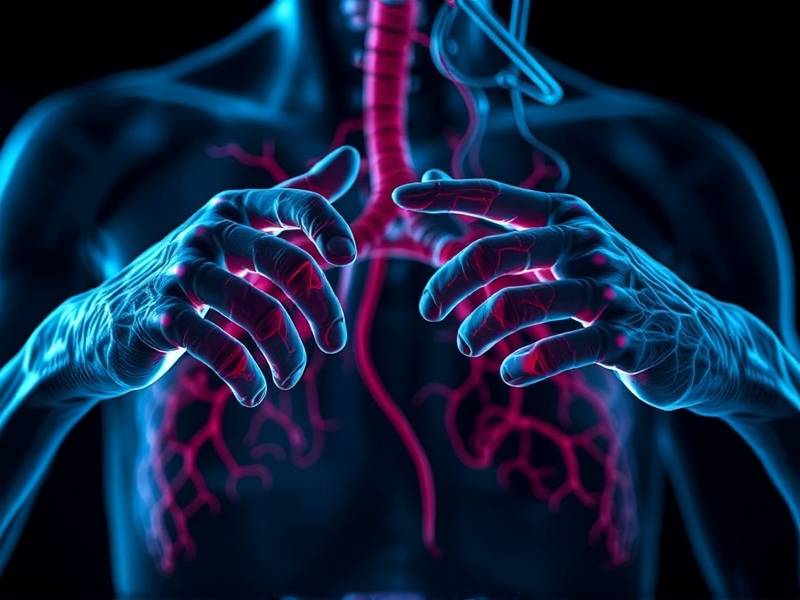Do Blood Vessels Heal After Quitting Smoking?
The Healing Journey: How Blood Vessels Respond to Smoking Cessation
Introduction: The act of quitting smoking is a significant step towards improving one's health. Many smokers are curious about the changes that occur in their bodies after they kick the habit. One common question is whether blood vessels can heal after quitting smoking. In this article, we delve into the science behind this transformation and provide insights into the healing process.
Understanding the Damage Smoking causes severe damage to blood vessels, leading to a condition known as endothelial dysfunction. This dysfunction affects the inner lining of blood vessels, which is crucial for maintaining proper blood flow and preventing clot formation. Over time, this damage can contribute to cardiovascular diseases such as heart attacks and strokes.

The Healing Process When an individual decides to quit smoking, their body begins a remarkable healing process. Here's how blood vessels respond:
Immediate Changes
Within hours of quitting, your body starts to reverse some of the harmful effects of smoking. The levels of carbon monoxide in your blood drop, allowing your red blood cells to carry more oxygen. This immediate change can lead to increased energy levels and a clearer mind.
Short-Term Healing
Over the first few weeks after quitting, your arteries begin to relax and widen due to reduced inflammation and improved endothelial function. This can lead to lower blood pressure and reduced risk of heart disease.
Long-Term Healing
Several months post-cessation, there is significant improvement in endothelial function. This means that the lining of your blood vessels becomes more efficient at producing nitric oxide, a molecule that helps dilate blood vessels and improve circulation.

Years of Recovery
Over time, the risk of cardiovascular diseases continues to decrease as your body repairs damaged cells and reduces plaque buildup in arteries. Studies have shown that within 10-15 years of quitting smoking, the risk of heart disease can be similar to that of someone who never smoked.
Scientific Evidence Research from reputable sources such as the American Heart Association supports these claims. A study published in The Lancet found that within 12 years after quitting smoking, individuals had a 50% lower risk of heart attack compared to continuing smokers.
Conclusion The journey towards healing after quitting smoking is not immediate but well worth it. As your body works tirelessly to repair damaged blood vessels, you'll experience improved health and quality of life. So, if you're contemplating taking this vital step, remember that every cigarette you don't smoke brings you closer to healthier arteries and a healthier heart.
Remember, it's never too late to quit smoking and start this healing process. Your body will thank you for it!
